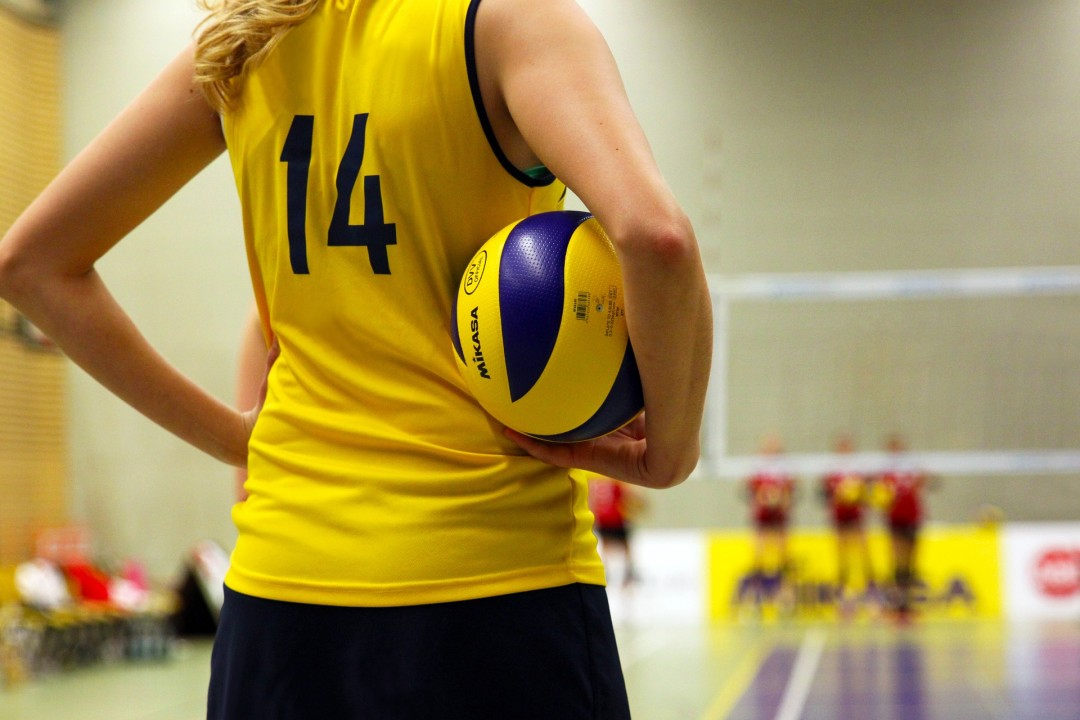
In the existing era there is dire need to sensitize every stakeholder about significance of Intellectual Property in protecting sports innovation, ensure fair competition, and fosters industry growth.
As the sports sector evolves, stakeholders must adeptly navigate the legal landscape to protect their interests and promote the sector’s sustainable development. The broadcasting of sports events is a prime example of how copyright law is leveraged in this field. These events, captured in audiovisual recordings, are protected to ensure that only authorized broadcasters can distribute and show them.
Trademarks are another cornerstone of IP in sports, essential for preserving the identity and reputation of teams and organizations. Team names, logos, and mascots are trademarked, preventing unauthorized use and ensuring that marketing, merchandising, and sponsorships are authentic and profitable.
Patents in the sports world protect innovations in technology and equipment, fostering an environment where new types of training devices and performance-enhancing technologies can flourish. These patents grant inventors exclusive rights to their creations, encouraging further development and ensuring that advancements in sports safety and performance can be brought to market without fear of immediate imitation.
Trade secrets in sports cover proprietary techniques, training methods, and strategies that provide a competitive edge. By keeping these elements confidential, teams and athletes can maintain their unique advantages, which is critical in an industry where the difference between winning and losing often lies in the details.
Licensing agreements play a pivotal role in monetizing IP in sports. Broadcasters secure licenses to cover events, controlling and monetizing the distribution of these events. This extends to sponsorships and merchandise, where licensing ensures that sports organizations can commercialize their brands through authorized products and partnerships. Infringement and enforcement of IP rights in sports are ongoing challenges. Piracy, including unauthorized distribution of broadcasts, requires effective monitoring and enforcement to protect these rights. Similarly, counterfeiting, involving the sale of unlicensed merchandise with sports team logos or event trademarks, is a significant issue that IP protection addresses to ensure only authorized merchandise is sold.
The legal framework governing IP in sports varies by jurisdiction, complicating enforcement, especially for international events involving multiple countries. Different countries have their own IP laws, such as Pakistan’s Copyright Ordinance of 1962 and the Trade Marks Ordinance of 2001. International treaties and agreements like the Berne Convention and TRIPS set minimum standards for IP protection and encourage cooperation among member countries, aligning national laws with international standards. However, enforcing IP rights globally involves navigating various legal systems, leading to inconsistencies. In Pakistan, challenges include limited resources and the need for greater public awareness and institutional capacity.
—-
The writer is a lawyer and columnist from Muzafarabad AK. She can be reached at sannaabbasi@yahoo.com






Good work